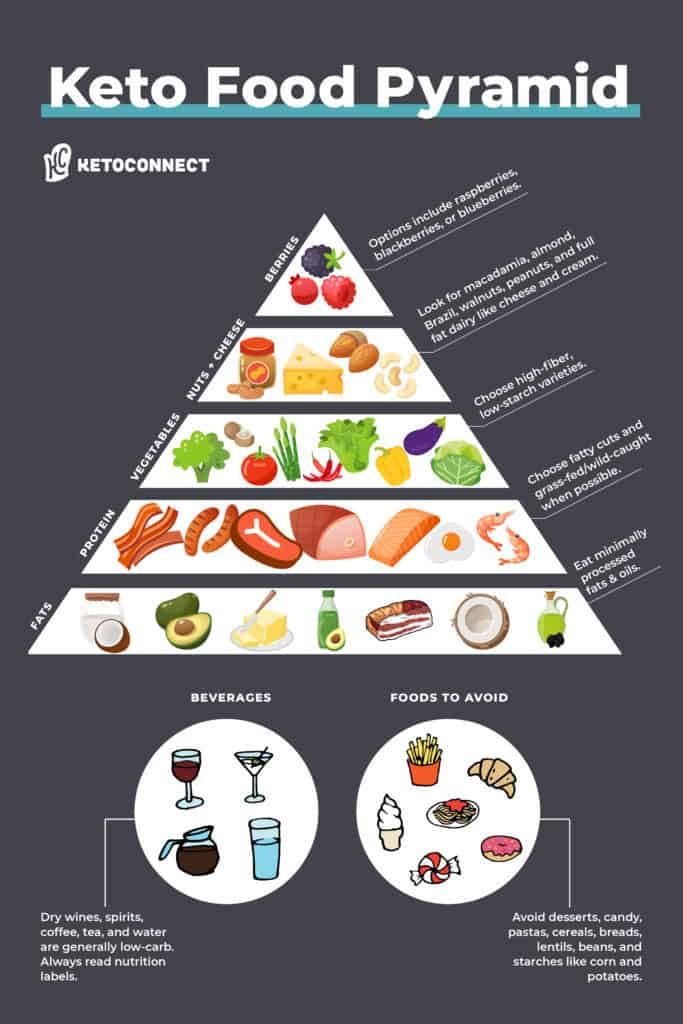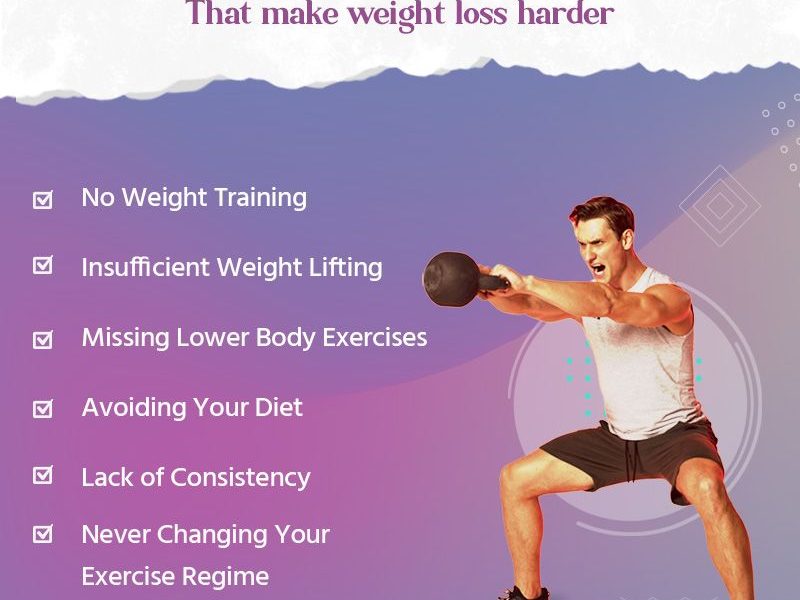Choosing the right diet for yourself can be a daunting task, especially with so many options available. In recent years, three popular diets have emerged as frontrunners in the health and wellness space: the ketogenic diet (keto), the paleolithic diet (paleo), and the vegan diet. In this article, we will explore the key differences between these diets and help you determine which one may be the best fit for your lifestyle and health goals.
The Ketogenic Diet
The ketogenic diet, or keto for short, is a high-fat, low-carbohydrate diet that has gained popularity for its ability to help individuals lose weight and improve overall health. By drastically reducing carbohydrate intake and replacing it with fats, the body enters a state of ketosis, where it burns fat for fuel instead of carbohydrates.
Pros of the Keto Diet
Rapid weight loss Improved blood sugar control Increased energy levels
Cons of the Keto Diet
Restrictive and challenging to maintain Potential for nutrient deficiencies May not be sustainable long-term
The Paleo Diet
The paleolithic diet, or paleo, is based on the principle of eating foods that our ancestors would have consumed during the paleolithic era. This includes meats, seafood, fruits, vegetables, nuts, and seeds, while excluding dairy, grains, and processed foods.
Pros of the Paleo Diet
Focuses on whole, unprocessed foods May improve digestion and overall gut health Eliminates processed sugars and additives
Cons of the Paleo Diet
May be high in animal fats and proteins Can be expensive to maintain Eliminates entire food groups
The Vegan Diet
The vegan diet is a plant-based diet that excludes all animal products, including meat, dairy, eggs, and honey. Followers of the vegan diet often cite ethical, environmental, and health reasons for their choice to avoid animal products.
Pros of the Vegan Diet
Lower risk of heart disease and certain cancers Environmental sustainability and animal welfare Promotes a variety of fruits, vegetables, and whole grains
Cons of the Vegan Diet
Potential for nutrient deficiencies, such as vitamin B12 and iron Can be challenging to get enough protein and essential amino acids May require supplementation for certain nutrients
Conclusion
When it comes to choosing the right diet for you, it’s important to consider your individual health goals, lifestyle, and preferences. Each diet has its own set of benefits and drawbacks, and what works for one person may not work for another. Ultimately, the best diet is one that is sustainable, nourishing, and promotes overall well-being. Whether you choose to follow a keto, paleo, or vegan diet, remember that listening to your body and making informed choices are key to achieving optimal health.


